
|

28 May 1997 12:24 PM GMT+2 |

|

28 May 1997 12:24 PM GMT+2 |

|
| According to tradition, when Portuguese explorer Bartholomew Dias first rounded the Cape in 1488, he named it the Cape of Storms, in deference to the stormy weather he experienced off the tip of Africa. However, it was quickly renamed Cape of Good Hope by King John II of Portugal, who believed that they had finally found a sea route to India. Africans in the region have a different perspective. They call it Ikapa Lodumo (Cape of Fame) because of its attractions as a world class tourist destination. | 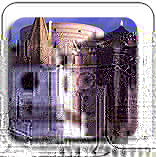 |
 |
The Cape is probably best known for Table Mountain, which forms an imposing backdrop to the city. The Table Mountain Reserve stretches from the city, right down to Cape Point. |
| The Cape is famous for its winelands, which produce some of the finest wines in the world. Stellenbosch, Franschoek and Paarl are probably the best known names, but there are also a host of smaller towns that are well worth exploring. | 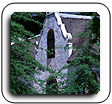 |
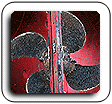 |
The spectacular Atlantic Seaboard is definitely South Africa's riviera, playground of the rich and famous. It also boasts some of the finest beaches in the southern hemisphere. |
| Cape Town is affectionately known as the "Mother City", a reflection of its status as the oldest city in South Africa, and its warm, open welcome to visitors. | 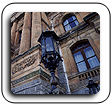 |
 |
Most of Cape Town's population lives on the Cape Flats, a vibrant and eclectic mix of smallholdings, light industry, shantytowns and upmarket residential suburbs. |
| False Bay is home to some of the best swimming beaches in the Cape, the most famous of which is Boulders, just outside of Simonstown, which comes complete with a colony of jackass penguins. | 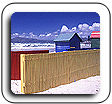 |
![]() created by: Electric Ocean
created by: Electric Ocean ![]() hosted by: Intekom
hosted by: Intekom
technical contact: Luqman ![]() editorial contact: Goolam
editorial contact: Goolam
© Cape Town Olympic Bid Company